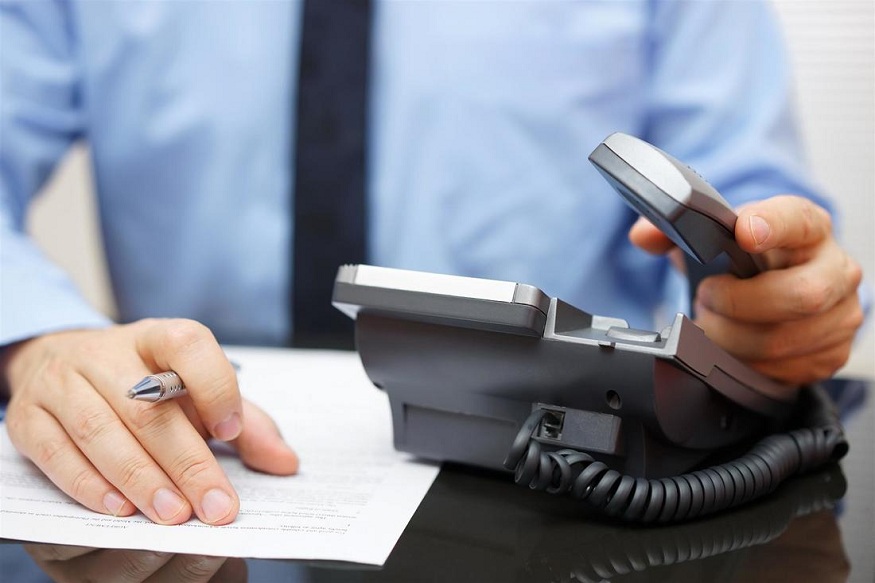
Safeguarding Transactions: How to Protect Your Business from Fraudulent Resale Certificates
For businesses that sell goods at wholesale or to other resellers, the resale certificate is a common, indispensable piece of paperwork. It allows a purchaser to buy products without paying sales tax, under the promise that they will collect and remit the tax themselves when the goods are ultimately sold to the end consumer. This exemption is crucial for preventing double taxation and ensuring the smooth flow of commerce. However, this system, built on trust and regulatory compliance, is vulnerable to abuse. Fraudulent resale certificates pose a significant risk, not just of lost revenue but, more critically, of steep fines, back taxes, and penalties from state and local taxing authorities. Protecting your business from this form of fraud is a non-negotiable aspect of sound financial and legal management.
The risk stems from the fact that most states hold the seller, not the buyer, responsible for substantiating a tax-exempt sale. If an auditor finds that a resale certificate is invalid—either because the buyer is not a legitimate reseller or the certificate itself is expired or forged—your business is on the hook for the uncollected sales tax, plus interest and penalties. The cost of non-compliance can far outweigh the profit made on the original transaction, turning a profitable sale into a substantial liability. Therefore, establishing a robust, multi-layered verification process is the best defense against this silent, yet serious, form of fraud.
Understanding the Mechanics of the Fraud
Fraudulent use of resale certificates typically occurs in two ways. The first is a simple misuse: a legitimate business may use a valid certificate to purchase items for personal use or internal consumption, rather than for resale. This is an abuse of the exemption. The second, more malicious form is the use of outright fake or expired certificates by individuals posing as legitimate businesses to avoid paying sales tax on large purchases.
For your business, the consequence is the same: the sale is not genuinely tax-exempt, and the burden of proof falls squarely on your shoulders. Tax authorities require due diligence, meaning you must be able to demonstrate that you made a good-faith effort to confirm the validity of the exemption at the time of the sale. This makes the documentation and verification processes your primary defense and how to verify a resale cerificate?
Embracing Technology: Automated Compliance Solutions
For businesses that handle a high volume of transactions, relying on manual paper certificates and in-house validation is inefficient and error-prone. Modern compliance technology offers automated solutions that are far more robust.
Specialized sales tax compliance software can integrate with your accounting or point-of-sale system to manage all exemption certificates digitally. These platforms often provide features that:
- Centralize Certificate Storage: All documents are stored securely and retrieved instantly during an audit.
- Automate Expiration Tracking: The system alerts you when a certificate is nearing expiration and can prevent sales from being processed until a new one is provided.
- Integrate Validation: Some platforms integrate with state databases to perform real-time checks on the validity of tax ID numbers.
Shifting to an automated system drastically reduces the human error that often leads to non-compliance and allows your business to maintain a perfect audit trail, which is the ultimate shield against penalties.
Conclusion: Due Diligence as Asset Protection
Protecting your business from fraudulent resale certificates is fundamentally about exercising due diligence. It requires more than just collecting a piece of paper; it demands a systematic process of inspection, validation, and transparent record-keeping. In the eyes of an auditor, your documentation is the only proof that you upheld your legal obligation to collect sales tax or ensure a valid exemption. By embracing a verification triad, leveraging compliance technology, and ensuring your team is fully trained, your business can effectively safeguard its transactions, minimize tax liabilities, and ensure that the convenience of the resale exemption remains a tool for legitimate commerce, not vulnerability for fraud.




